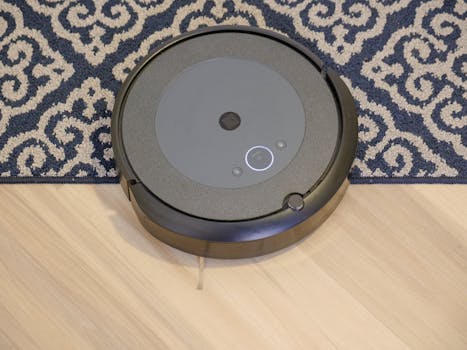
Smart Homes and Smart Living: The Technological Transformation of European Homes by 2025
Smart Homes and Smart Living are revolutionizing the way we live and interact with our living spaces. With the rapid advancement of technology, European homes are expected to undergo a significant transformation by 2025. In this article, we will explore the latest trends and innovations in smart home technology and their impact on European homes.
Introduction to Smart Homes
A smart home is a residence that is equipped with advanced technology and devices that can be controlled and monitored remotely. These devices can include thermostats, lighting systems, security cameras, and entertainment systems, among others. The goal of smart home technology is to make life easier, more convenient, and more sustainable for homeowners.
Current State of Smart Homes in Europe
According to a recent report, the smart home market in Europe is expected to grow significantly in the next few years. Currently, the market is dominated by countries such as the UK, Germany, and France, where smart home devices are already widely adopted. However, other European countries are also catching up, with many homeowners investing in smart home technology to improve their living spaces.
Technological Advancements in Smart Homes
Several technological advancements are driving the growth of the smart home market in Europe. Some of the key technologies include:
- Internet of Things (IoT): The IoT refers to the network of physical devices, vehicles, and other items that are embedded with sensors, software, and connectivity, allowing them to collect and exchange data.
- Artificial Intelligence (AI): AI is being used in smart homes to learn the habits and preferences of homeowners and adjust the settings of devices accordingly.
- 5G Network: The 5G network is expected to play a significant role in the growth of smart homes, providing faster and more reliable connectivity for devices.
Impact of Smart Homes on European Homes
The impact of smart homes on European homes will be significant. Some of the benefits of smart homes include:
- Energy Efficiency: Smart homes can help reduce energy consumption by optimizing the use of devices and appliances.
- Convenience: Smart homes can make life easier for homeowners by allowing them to control devices remotely and automate tasks.
- Sustainability: Smart homes can help reduce waste and promote sustainable living by optimizing the use of resources.
Challenges and Limitations
While smart homes offer many benefits, there are also several challenges and limitations to consider. Some of the key challenges include:
- Security: Smart homes are vulnerable to cyber attacks, which can compromise the security of devices and data.
- Privacy: Smart homes can raise concerns about privacy, as devices can collect and store personal data.
- Cost: Smart home devices and systems can be expensive, making them inaccessible to many homeowners.
Conclusion
In conclusion, the future of European homes is looking smart, with technological advancements transforming the way we live and interact with our living spaces. While there are challenges and limitations to consider, the benefits of smart homes make them an attractive option for many homeowners. As the smart home market continues to grow and evolve, we can expect to see even more innovative devices and systems that make life easier, more convenient, and more sustainable.






